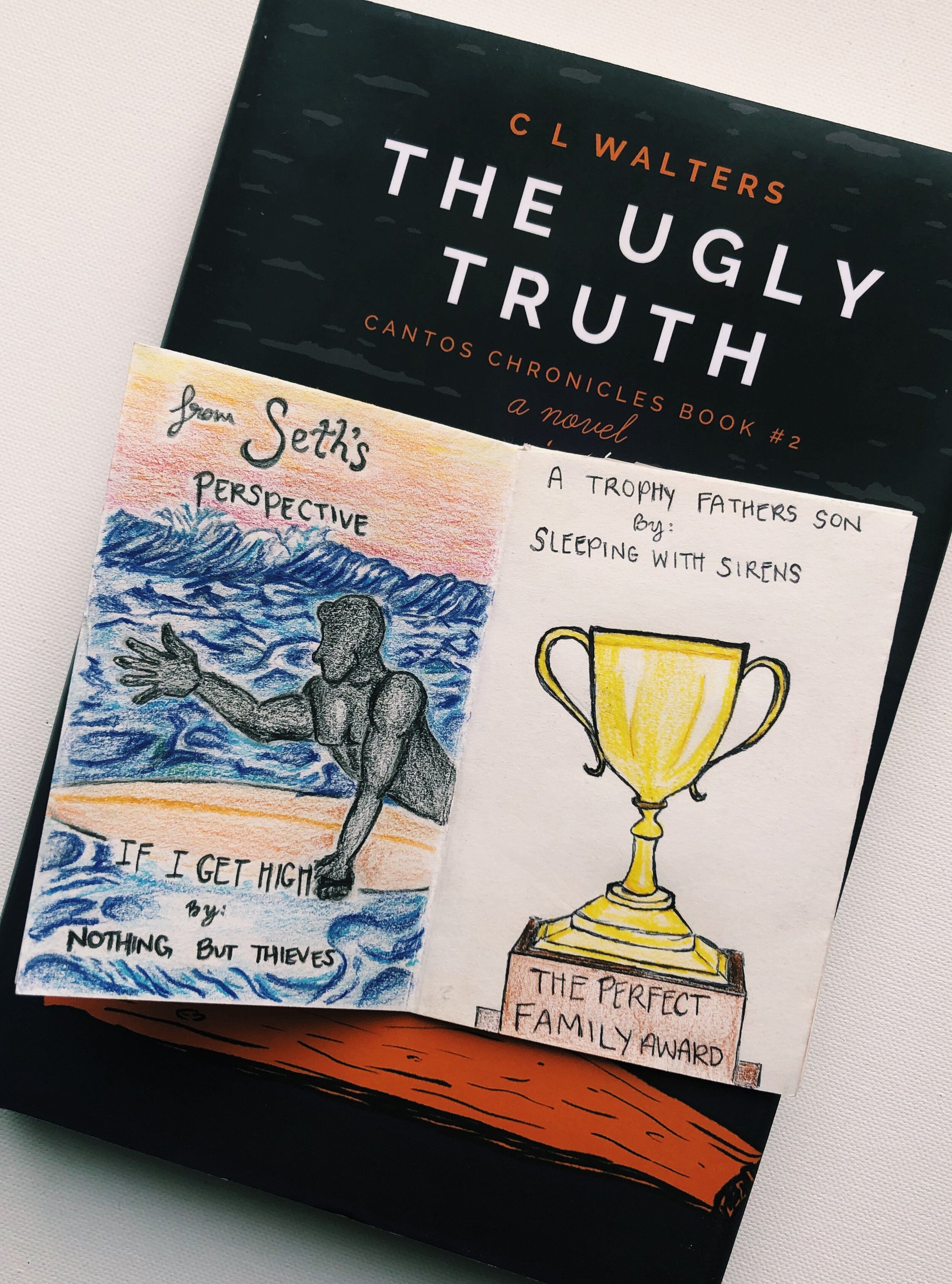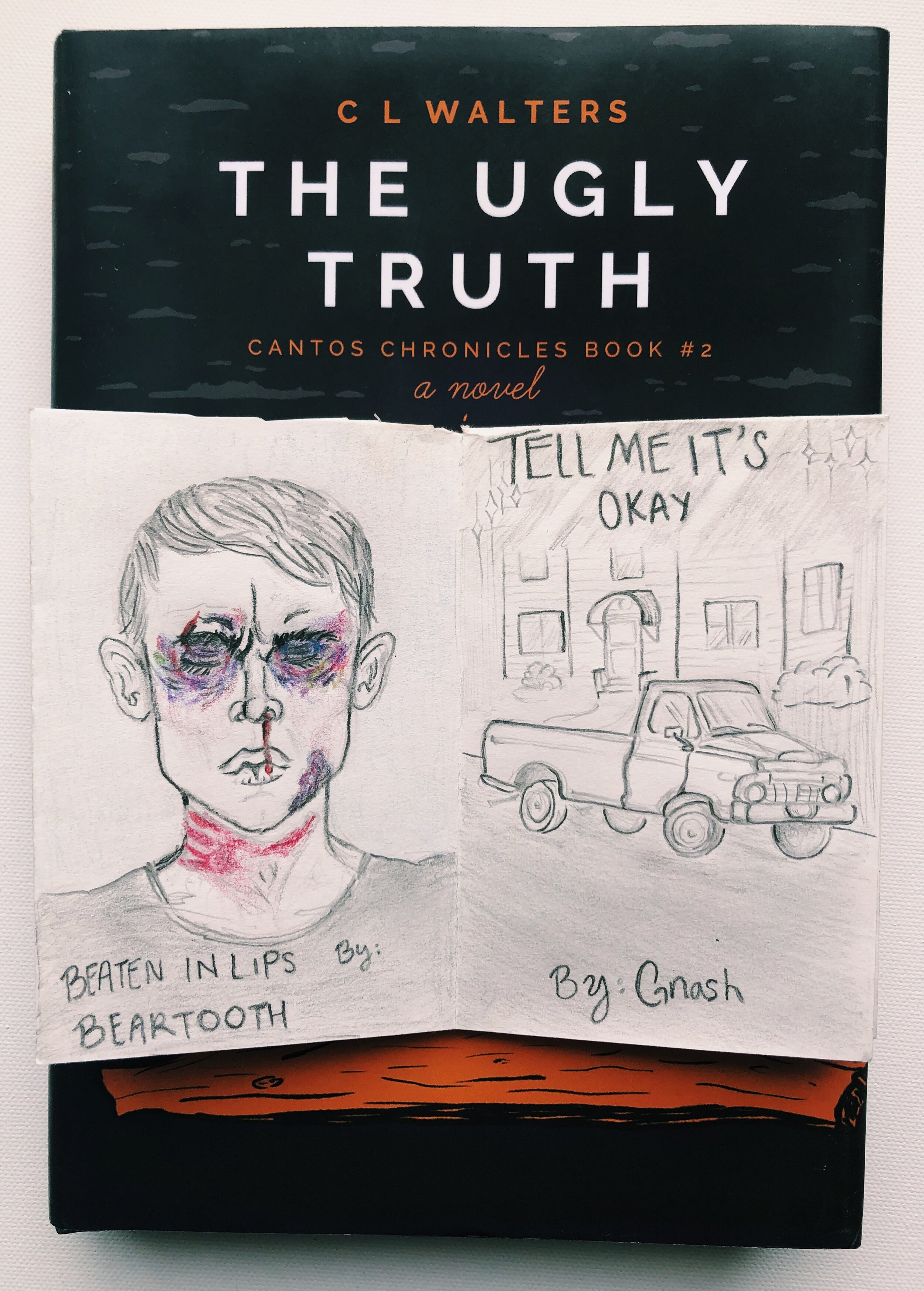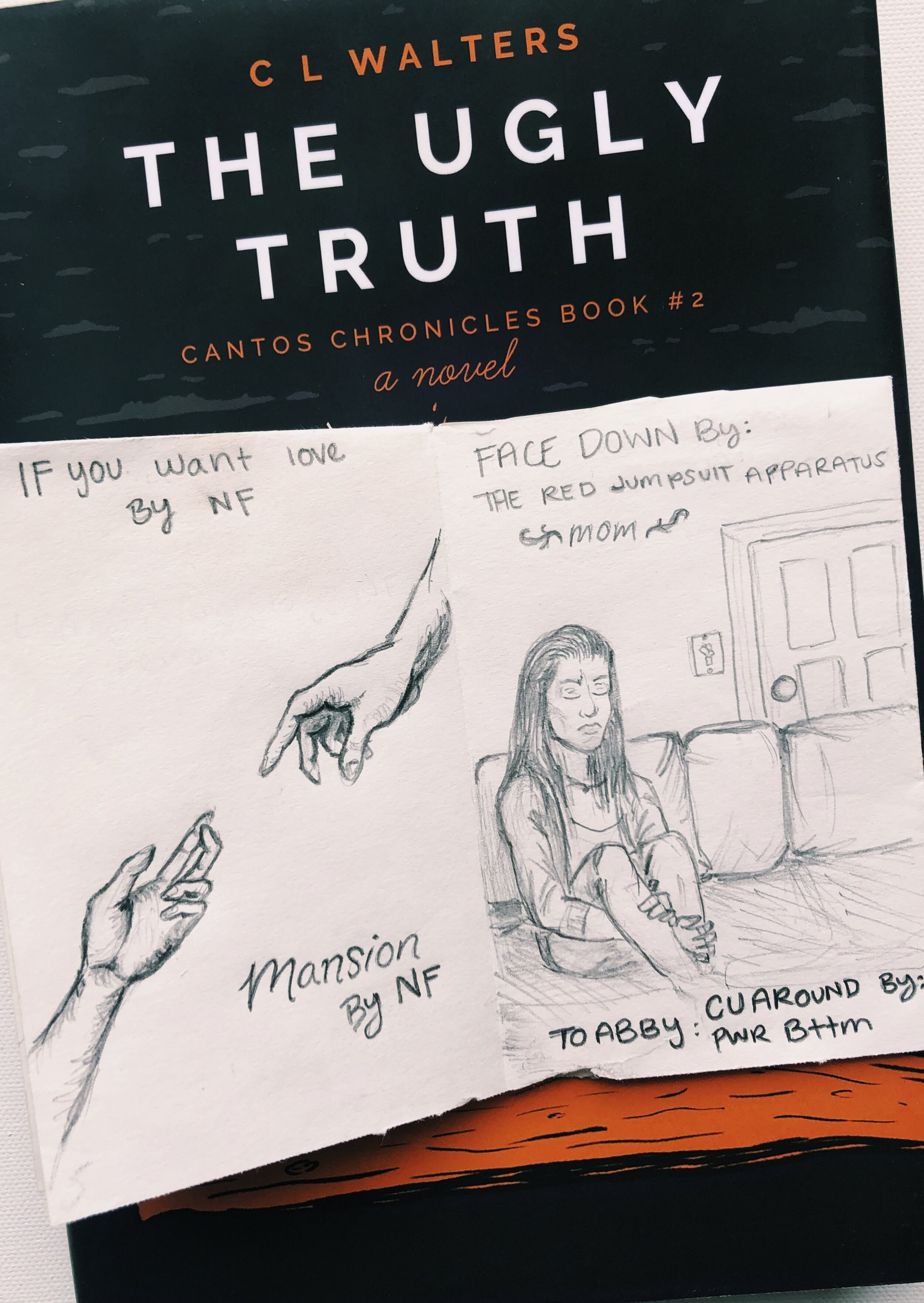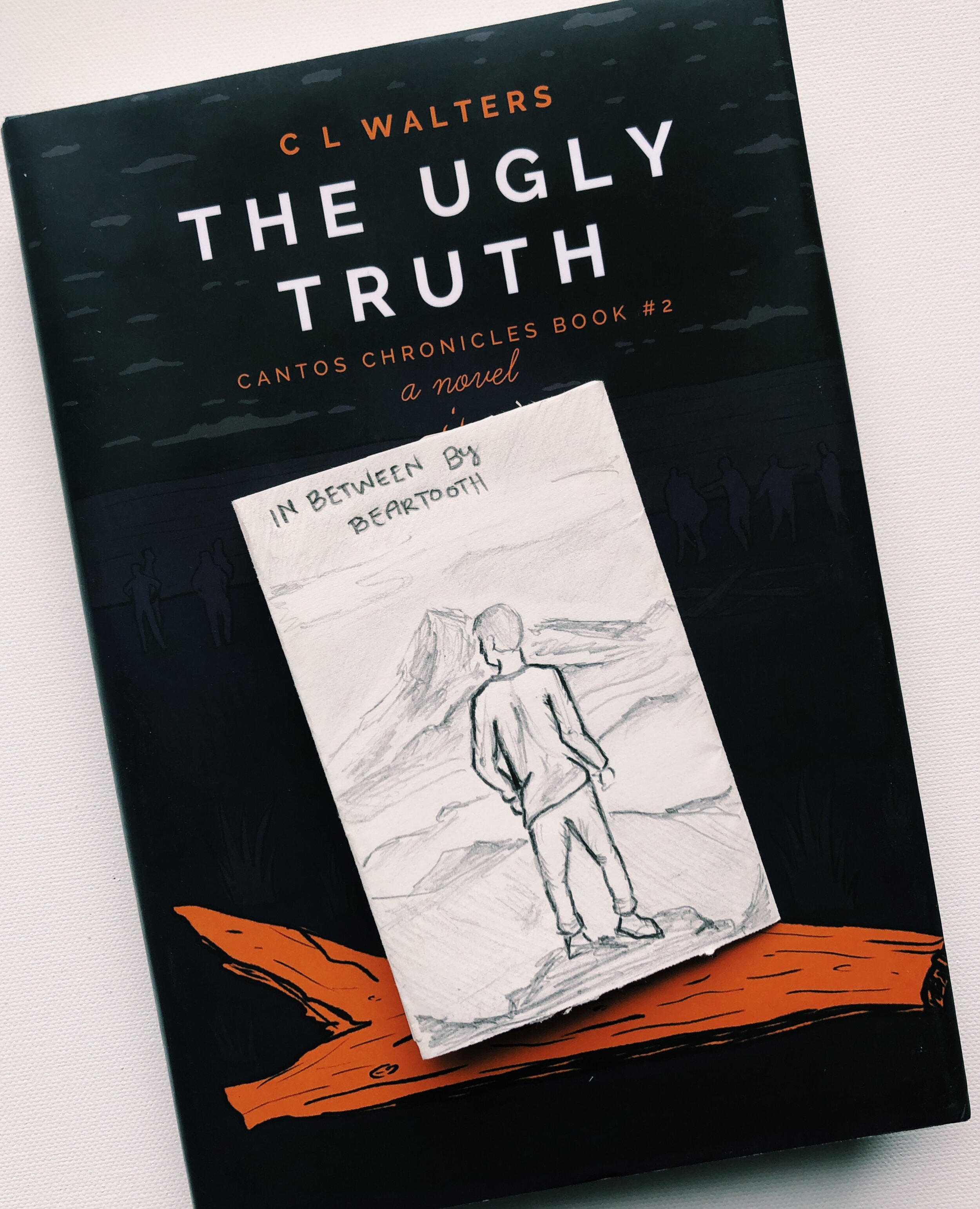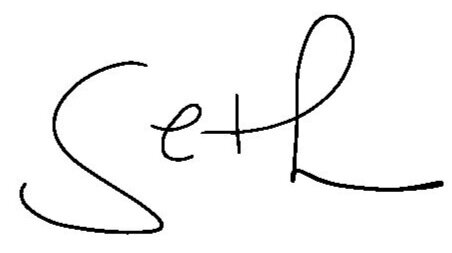I’m in The Fold of Ravka (and, yes, this is a plug for both the books and the Netflix series which is awesome). Why am I in the Fold? I’m in between writing books and am ducking Volcra trying to eat me as I try and find my way through the dark.
I have all of these ideas: several new contemporaries, an adult romance, a dystopian idea (can’t work on the fantasy right now since it’s resting for the next eight weeks). I don’t know where to go. The thing is, I do this every time. I finish a book, then spin in the dark unsure what’s next, worried I’ve lost my way, and struggle with the doubt that I’ll ever be able to do it again.
But somehow, I find the thread of light. I find my way through it and out the other side to write a new story. Not sure what’s next, but in the meantime, here’s a snippet of something I wrote while hanging out in the dark.
If you’ve read The Cantos Chronicles which starts with Swimming Sideways, you might recognize some of these names.
Something New…
I don’t need snow today, and it isn’t even the good kind. Instead it’s wet and slushy, sinking razor cold teeth into everything. Fitting really. I was prepared for the rain. Freaking Willamette Valley weather. I’m still getting into the swing of things after winter break. The swing of a new term, new classes. The swing of being single again, not that it’s much different than when Sebastian and I were together. Six weeks removed, and I’m seeing that more clearly, now. We’d been going through the motions as a couple, far longer than in the swing of two people truly in love, and I should have seen it but hadn’t until it was removed.
As I was walking out the door of my apartment to leave for work, he’d called. That was not in the swing of things. My axis, which had finally regulated, tilted more than I cared to admit.
“I’m just checking in on you,” he’d said.
I could picture him sitting at the desk in his bedroom at his own apartment running a finger along the edge like he often did when he was on the phone. His bedroom barely controlled chaos behind him. His curly dark hair in need of a trim. I didn’t like that I could picture him with clarity still.
“That isn’t your job,” I’d answered as I checked the locked door of my apartment, then started down the sidewalk to my car, annoyed at the intrusion but also conflicted by it. I thought I’d been in love with him. I thought he was probably the one, then I got the We should talk followed up with him dating a new girl a week after that talk. Nine months together, most of them pleasant, the comfort of sliding back into an easy pattern of behavior that feels safe and secure is tempting. “Why are you calling?”
“I just–” he’d paused as though weighing and measuring the impact of his words. This was a usual Sebastian speech pattern, as though he hooded his words, himself, in the guise of how he said something to make me feel complacent but equally unsure. “I know the anniversary is coming up, and I just wanted to make sure you’re okay.”
I had a fleeting thought that maybe he’d been planning on saying something different, but then settled on what I’d heard. I dismissed the doubt. My normal pattern of behavior where he was concerned. What he’d asked was more endearing than holding onto any negative thoughts about his intentions. “I’m going home. I’ll be okay. Thanks.”
I’d climbed into my car, phone pressed to my ear with my shoulder holding it in place. Once inside the car, I’d started it, the phone switching to bluetooth, and I sat there, waiting for the car to warm up but also for him to say something else. The silence between us stretched into awkward territory.
“Was that–” I’d started.
“I miss you,” He’d said at the same time.
“I’m not sure what to make of that.” My heart stalled in my chest, frozen in suspended animation awaiting something to bring it back to life. Being with Sebastian was so easy, yet he’d moved on way easier than me. I suspect it had started long before we actually parted ways. That hurts. The knowledge that I’d been so easy to replace slashed and burned the already broken parts of me. I was sitting in the car feeling like a hollowed out version of myself, and I wasn’t sure anything would ever feel normal again.
“I feel sort of lost,” he’d said. “And you always helped me figure myself out.”
My eyes had slipped closed. Always what I could do for him, just like my sister, Ruth, pointed out over the break. “He’s selfish,” she’d said. I’d opened my eyes back up and drove from the parking lot toward my job. “Sebastian. I can’t do this.”
“Hannah–”
“We’re over. Remember?”
His silence was confirmation enough.
I took a turn. “I can’t be your go to, Bash.”
“You’re right.”
I parked the car and sat back against the seat surprised by his admission. This was different for us. The swirls of us had mostly been the opposite, Sebastian maneuvering the conversation to where it was in his favor, and me capitulating. “I have to go to work.”
“Okay. Maybe I could call you later?”
“I don’t know.”
“Just to talk.”
I sighed. “Okay. Sure.”
We’d ended the call, and I sat in the car imagining myself the shape of a gooey heart where everything gets stuck inside the viscous jelly of my inability to set limits. I folded forward with my head on the steering wheel and bumped my head a couple of times with annoyance. Why couldn’t I just be stronger? Returning to rehash Sebastian even if that wasn’t what he wanted to talk about wasn’t good for me. It was good for him.
Now, I look up at the clock and hustle from my car. I need to get back into the swing of work, and because of that call, I’m running late for my shift. I hate being late; I hate letting anyone down.
I rush through the doors at Hammerson Library, my eyes unfocused and replaying the conversation with Sebastian in my mind, and bump into someone hurrying out. The books in my arms flop out, falling to the ground in a syncopated succession of thuds. “Oh. I’m so sorry,” I say, and bend down to pick up the books which I don’t want to get wet. Shoot. Shoot. I’m going to be late.
“So sorry,” a deep voice says at the same time. “My fault. I wasn’t–” A familiar voice. Stalled now on his last word. “Hannah?”
I glance at a face I recognize. Warm amber eyes. A dimpled smile.
A smile spreads across my face. “Seth! What are you doing here?” My smile won’t stop and communicates with the rest of my body that it needs to get involved in the joy. My heart hammers against my ribs. My face heats.
He looks like high school Seth, but different. Older. Slightly crooked nose, mouth with perfectly proportional lips that cut adorable dimples into his cheeks when he smiles which he does now. Light brown hair—darker now— styled so that wavy locks stray across his forehead. He’s still taller than me.
My heart adds a hot hum of awareness in my chest.
Because he’s my friend, I tell myself. One I haven’t seen him in a long time.













